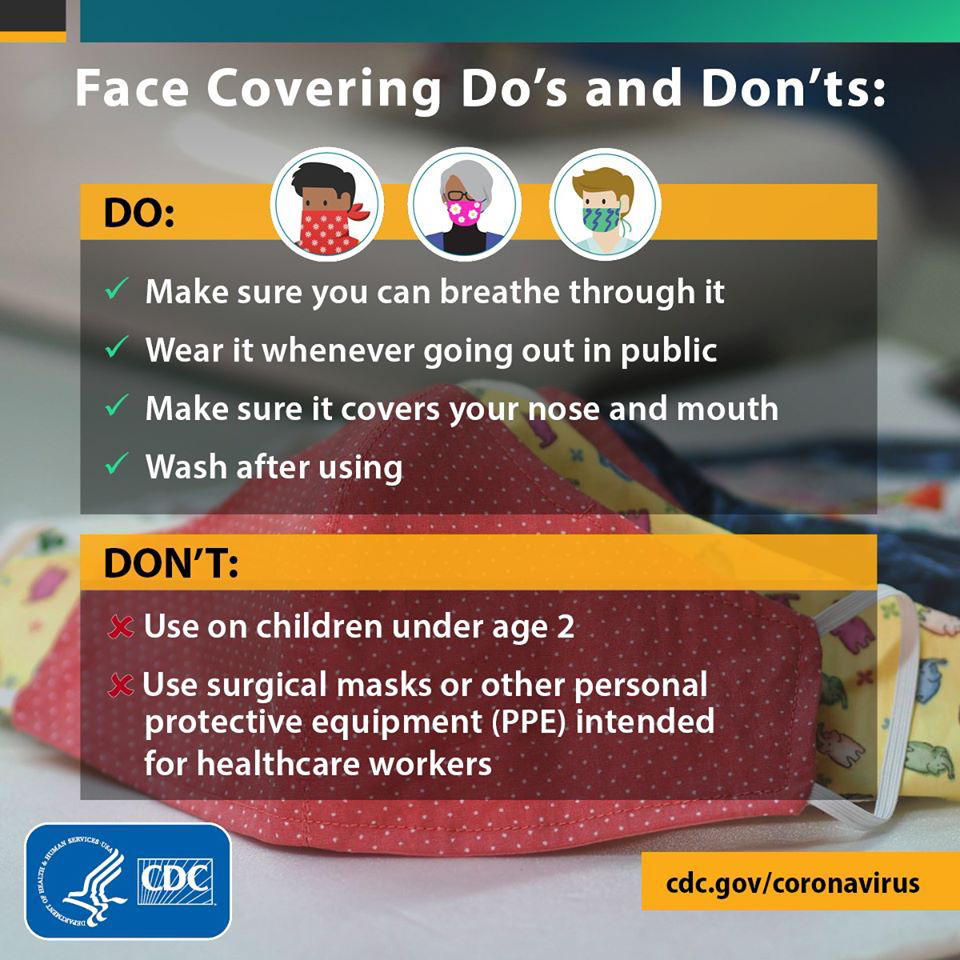Create a household plan of action to help protect your health and the health of those you care about in the event of an outbreak of COVID-19 in your community:
- Talk with the people who need to be included in your plan, and discuss what to do if a COVID-19 outbreak occurs in your community.
- Plan ways to care for those who might be at greater risk for serious complications, particularly older adults and those with severe chronic medical conditions like heart, lung or kidney disease.
- Make sure they have access to several weeks of medications and supplies in case you need to stay home for prolonged periods of time.
- Get to know your neighbors and find out if your neighborhood has a website or social media page to stay connected.
- Create a list of local organizations that you and your household can contact in the event you need access to information, healthcare services, support, and resources.
- Create an emergency contact list of family, friends, neighbors, carpool drivers, health care providers, teachers, employers, the local public health department, and other community resources.

What should I do if someone in my house gets sick with COVID-19?
Most people who get COVID-19 will be able to recover at home. CDC has directions for people who are recovering at home and their caregivers, including:
- Stay home when you are sick, except to get medical care.
- If you develop emergency warning signs for COVID-19 get medical attention immediately. In adults, emergency warning signs*:
- Difficulty breathing or shortness of breath
- Persistent pain or pressure in the chest
- New confusion or inability to arouse
- Bluish lips or face
- *This list is not all inclusive. Please consult your medical provider for any other symptom that is severe or concerning.
- Use a separate room and bathroom for sick household members (if possible).
- Clean hands regularly by handwashing with soap and water or using an alcohol-based hand sanitizer with at least 60% alcohol.
- Provide your sick household member with clean disposable facemasks to wear at home, if available, to help prevent spreading COVID-19 to others.
- Clean the sick room and bathroom, as needed, to avoid unnecessary contact with the sick person.
- Avoid sharing personal items like utensils, food, and drinks.

About Us
Menu

